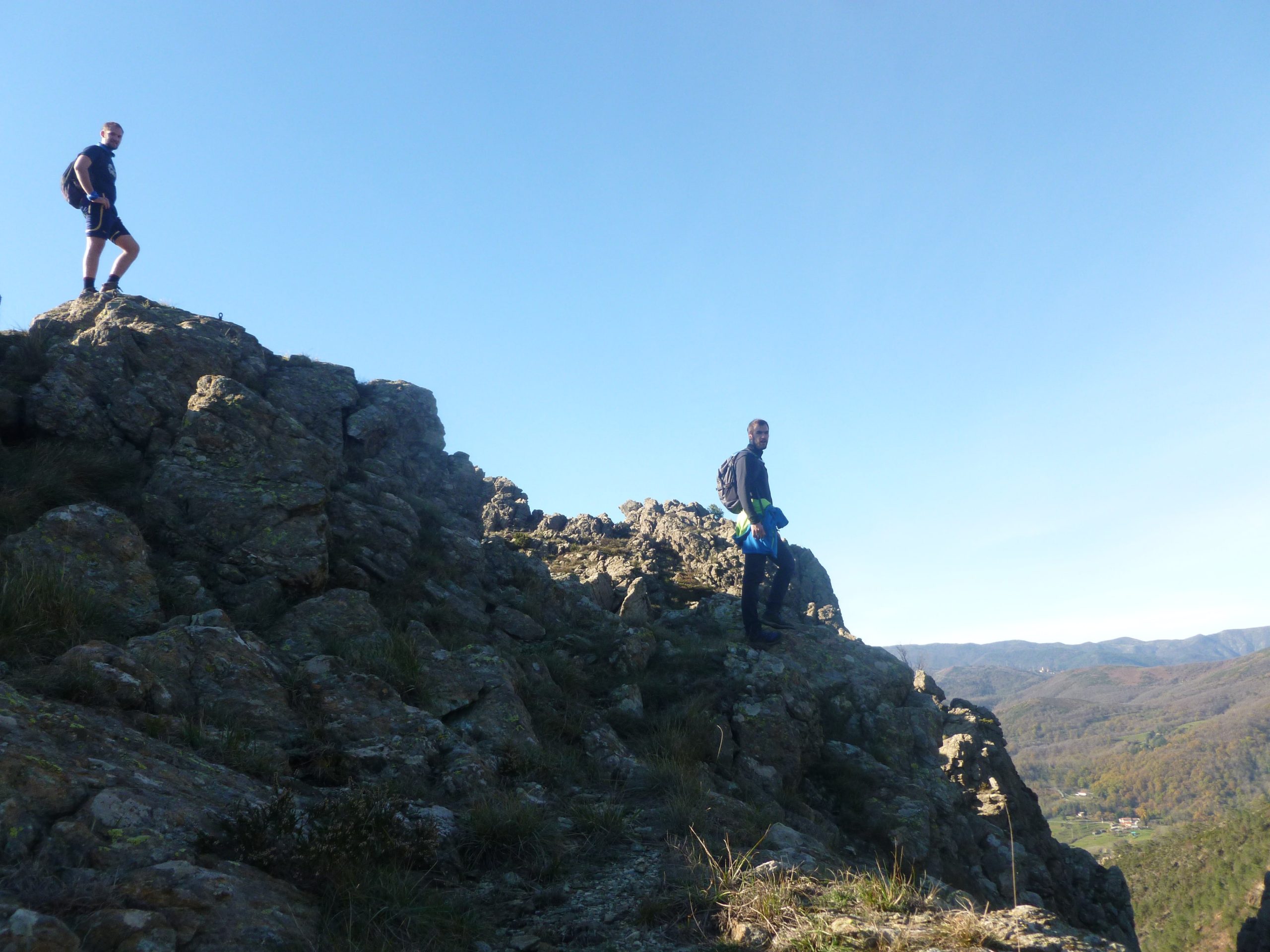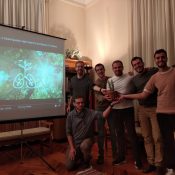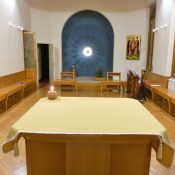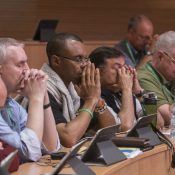22nd April 2019: Genoa Airport, 1.40 pm. The person in charge of checking the documents of the passengers arriving from the flight coming from Tirana, having viewed my identity card, asked me with a smile: “Vacation?” and I : “To be honest, I’m a religious and I’ve been in Albania for an apostolic experience”. Leaving aside the fact that I would have branded as science fiction a similar dialogue with me as the protagonist until a few years ago, I would like to share with you something about the period I spent in the land of the Eagles.
One of the most beautiful memories is the meeting with the Missionaries of Charity, the female religious institute founded by Mother Teresa. During the time I spent in Tirana and Scutari, I did service more than once in their residences. What characterises their charisma is the commitment to serve “the poorest of the poor” and I can assure you that they embody this ideal perfectly. In the structures they manage, they welcome and house in a stable manner people born with serious physical and/or mental disabilities and who are rejected by their parents because of this, as well as several elderly who for reasons of age are no longer self-sufficient and who, without the help of the family, no longer receive any assistance. Every day they provide everything that is necessary to ensure them a dignified life.
But what amazed me was not what they do! What left me astounded me was their angelic appearance. Although they lead a very austere life, characterised by numerous deprivations and a rhythm of work that is difficult to sustain, their face is always radiant, a mask of peace and joy, stuff that would make a Buddhist monk envious. They are very kind and welcoming with guests, always gentle and patient with the people they care of. They are also capable of humour and irony. By spending time in their residences you understand concretely what Paul was talking about when he said that what matters is being “a new creation” (Gal 6:15). Speaking with them, one is then struck by hearing them say that service to the poor, their main occupation, is not the center of their life and that all their commitment originates and takes meaning from a relationship with Jesus, which transforms us and makes us more and more like Him.
This meeting confirmed me in the certainty that serving others and prayer give that fullness to which we aspire deeply and that other recipes are not able to guarantee us. Following the Lord can sometimes seem depersonalizing, but it is precisely in the decentralisation of ourselves and in the death of our egoism and our narcissism that we find what we really desire.





























Comments